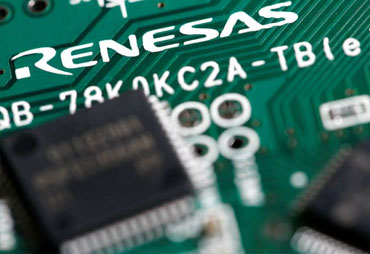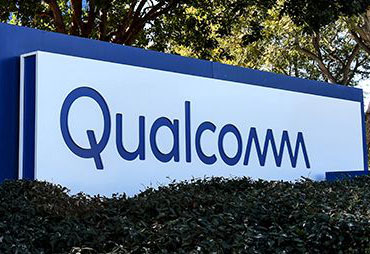Qualcomm struggles to meet chip demand as shortage spreads to phones
SAN FRANCISCO/SHANGHAI (Reuters) - Qualcomm Inc is struggling to keep up with demand for its processor chips used in smartphones and gadgets, as a chip shortage that first hit the auto industry spreads across the electronics business, industry sources told Reuters.
Samsung Electronics Co Ltd, the world’s largest smartphone maker, is experiencing a shortage of Qualcomm’s application processors, the heart of smartphones, two people at suppliers for the South Korean giant told Reuters.
Demand for Qualcomm’s chips has soared in the past months as Android phone makers seek to win over customers abandoning phones produced by Huawei Technologies Co Ltd due to U.S. sanctions. Qualcomm has found it hard to meet this higher-than-expected demand, in part due to a shortage of some subcomponents used in its chips.
One person at a Samsung supplier said a Qualcomm chip shortage was hitting production of mid- and low-end Samsung models. The second person, at another supplier, said there was a shortage of Qualcomm’s new flagship chip, the Snapdragon 888, but did not say whether this was affecting the manufacturing of Samsung’s high-end phones.
A Samsung Electronics spokesman declined to comment. A Qualcomm spokesman pointed to public comments by executives on Wednesday in which they reiterated they believe they can hit a fiscal second quarter sales forecast given in February.
Separately, a senior executive at a top contract manufacturer for several major smartphone brands told Reuters it was facing a shortage of a range of components from Qualcomm and would cut handset shipments this year. The executive spoke on condition of anonymity.
Last month, Lu Weibing, a vice president for Chinese handset maker Xiaomi, lamented the chip crunch. “It’s not a shortage, it’s an extreme shortage,” he wrote on Weibo, China’s Twitter-like social network.
A surge in demand for consumer electronics has driven a global chip shortage that has idled car factories. The shortage has so far centered largely on chips made using older technology rather than the advanced phone processors Qualcomm designs.
But Qualcomm’s constraints show how problems in one area of the complex chip supply chain can bleed into others and how fast-changing market dynamics can trip up chip companies that must set mass production plans years in advance.
“We still have our demand basically higher than supply,” Qualcomm incoming Chief Executive Cristiano Amon told investors during the company’s annual meeting on Wednesday.
Qualcomm’s flagship application processor, the Snapdragon 888, is still new. Key parts of it come from Samsung Electronics’ separate chipmaking division and use a new 5-nanonmeter manufacturing process that is hard to scale up quickly.
A Samsung factory in Texas, which makes some of Qualcomm’s radio frequency transceivers, was also forced to halt operations last month due to power shortages caused by winter storms, though it is unclear whether the effects of that stoppage have yet trickled down to smartphone makers.




